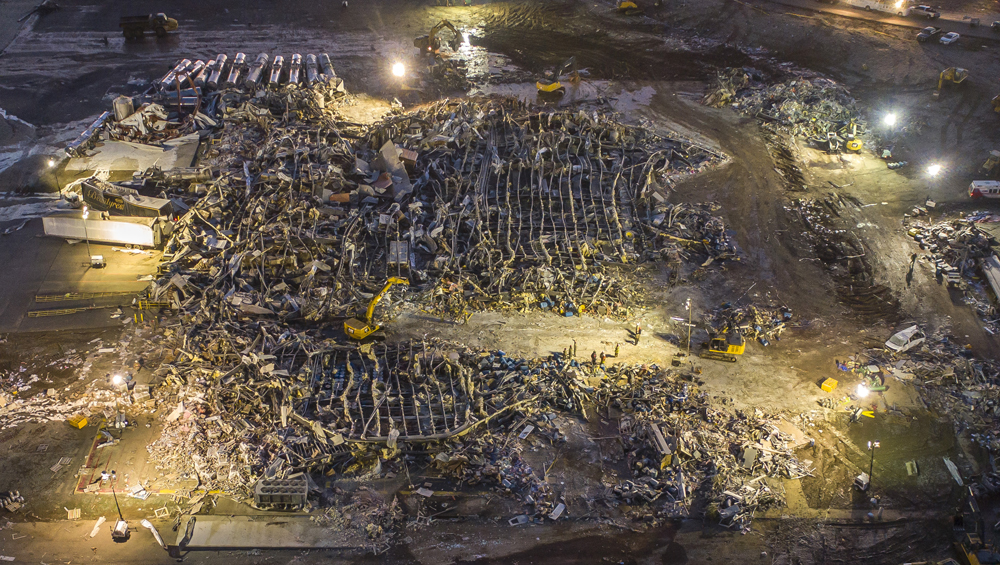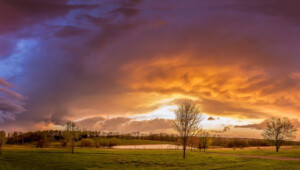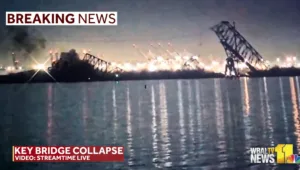
“I never understand why everybody does not jump at a chance to cover things like this,” WKRC’s David Winter said. “I volunteered for this job because I still think it is important. Maybe I can make millions of people care about this one little town, and that is a public service and an absolute privilege.”
 Covering the aftermath of a hurricane that roars through your region presents challenges that normal news routines can’t always account for. As part of a study about the effects of covering Hurricane Harvey, 30 reporters spoke about their experiences and provided advice for news managers who may someday find themselves in the path of a hurricane. Part 1 focuses on planning and coverage. Stay tuned for part 2, focusing on the trauma of the coverage.
Covering the aftermath of a hurricane that roars through your region presents challenges that normal news routines can’t always account for. As part of a study about the effects of covering Hurricane Harvey, 30 reporters spoke about their experiences and provided advice for news managers who may someday find themselves in the path of a hurricane. Part 1 focuses on planning and coverage. Stay tuned for part 2, focusing on the trauma of the coverage.
Above And Beyond Is Order Of Day In Colo.
 TV stations covering the wildfires were all over the airwaves and Internet as the blazes caused mass evacuations, destroyed acres of forest and wiped out 600 homes. For many of the people who covered this story, mustering the ability “to keep going” had an emotional component as well. That is particularly true for the Colorado Springs news crews, some of which lived in the Waldo Canyon fire’s path. Now the Colorado Broadcasters Association has produced PSAs in support of the Red Cross and local firefighters.
TV stations covering the wildfires were all over the airwaves and Internet as the blazes caused mass evacuations, destroyed acres of forest and wiped out 600 homes. For many of the people who covered this story, mustering the ability “to keep going” had an emotional component as well. That is particularly true for the Colorado Springs news crews, some of which lived in the Waldo Canyon fire’s path. Now the Colorado Broadcasters Association has produced PSAs in support of the Red Cross and local firefighters.
A TVB analysis of Rentrak audience data during the weekend of Hurricane Irene shows dramatic ratings spikes for ABC, CBS, Fox and NBC affiliates.
In A Post-9/11 World, TV Is Still King
With the 10th anniversary of 9/11 already hanging heavy in our hearts, the recent earthquake on the East Coast (and the follow-up hurricane) brought back jittery reminders that individuals and nations alike are not fully in change of their own destinies. For major news events, television remains the best source of macro-information because a TV news network is essentially an aggregator of thousands of other news sources. In the end, the tweets and Facebook posts only provided an impressionistic picture of what was happening. Nothing delivered the big picture as well as old-fashioned television.
Local TV Will Prove Again It Deserves Better

From Japan to Libya, disasters and political upheavel around the globe are wreaking havoc on the already-skeletal budgets of cable and broadcast news organizations. “We’ve already had a year’s worth of breaking news coverage, and it’s not even the end of March,” David Verdi, NBC News VP of worldwide newsgathering, said.











































